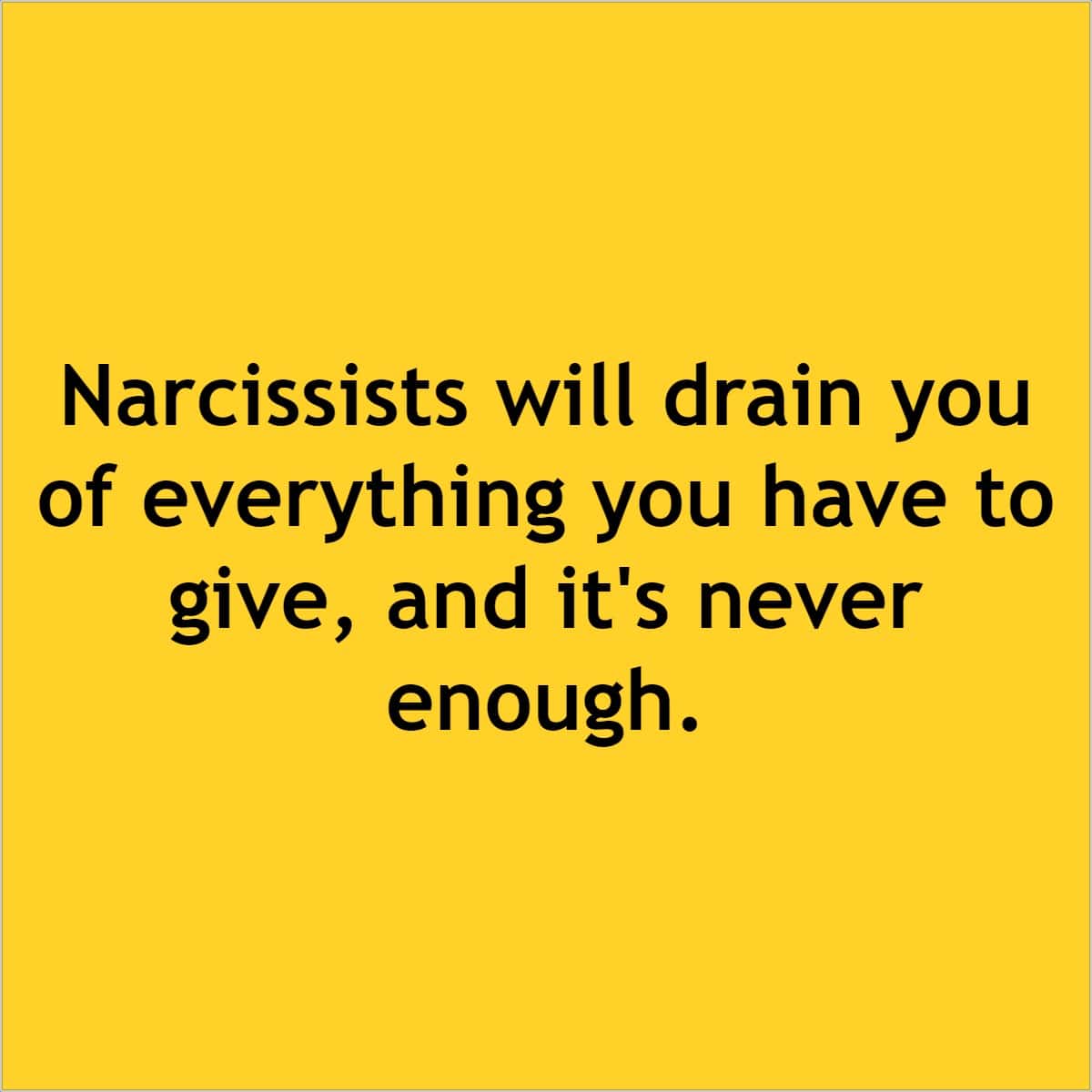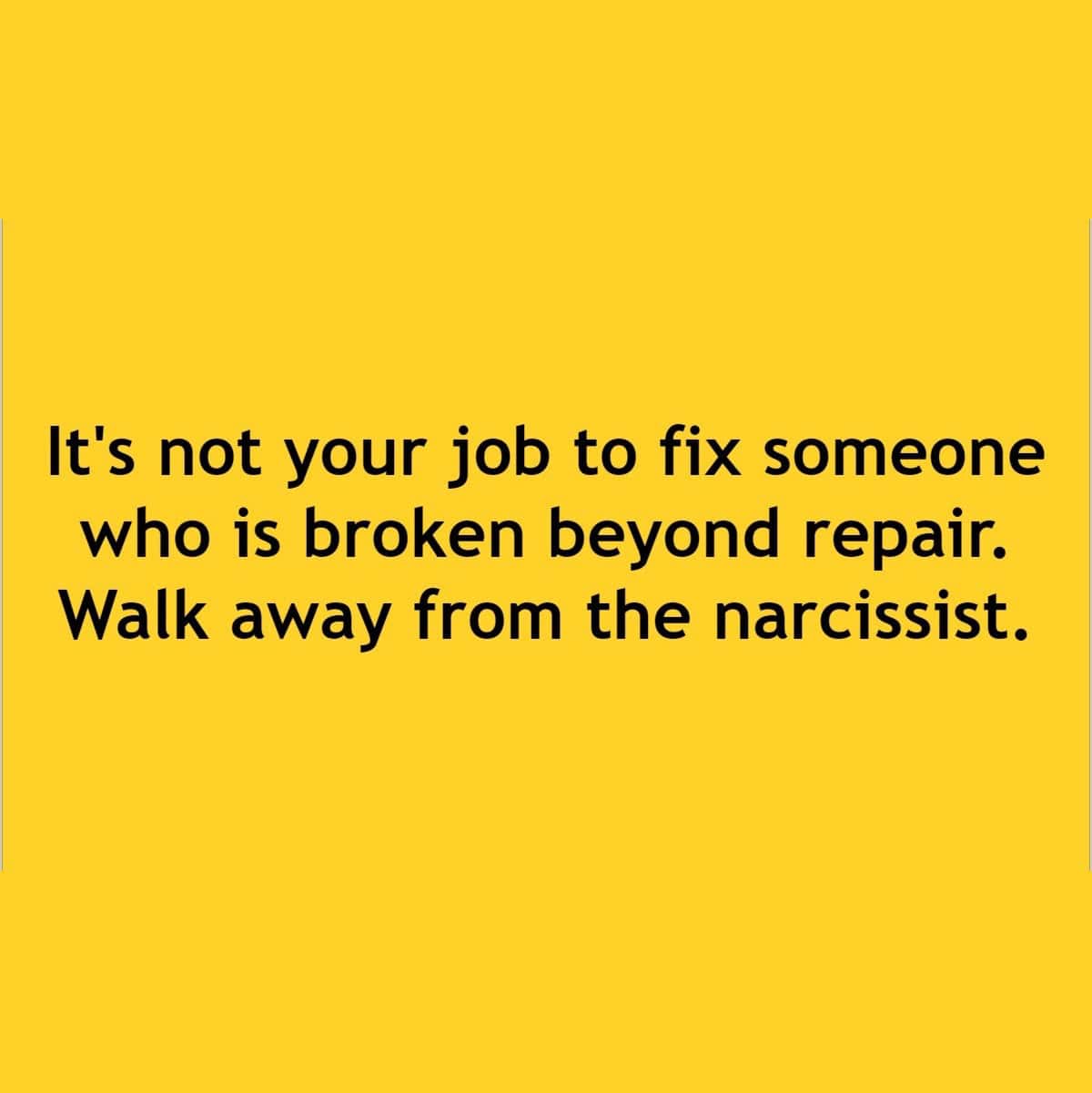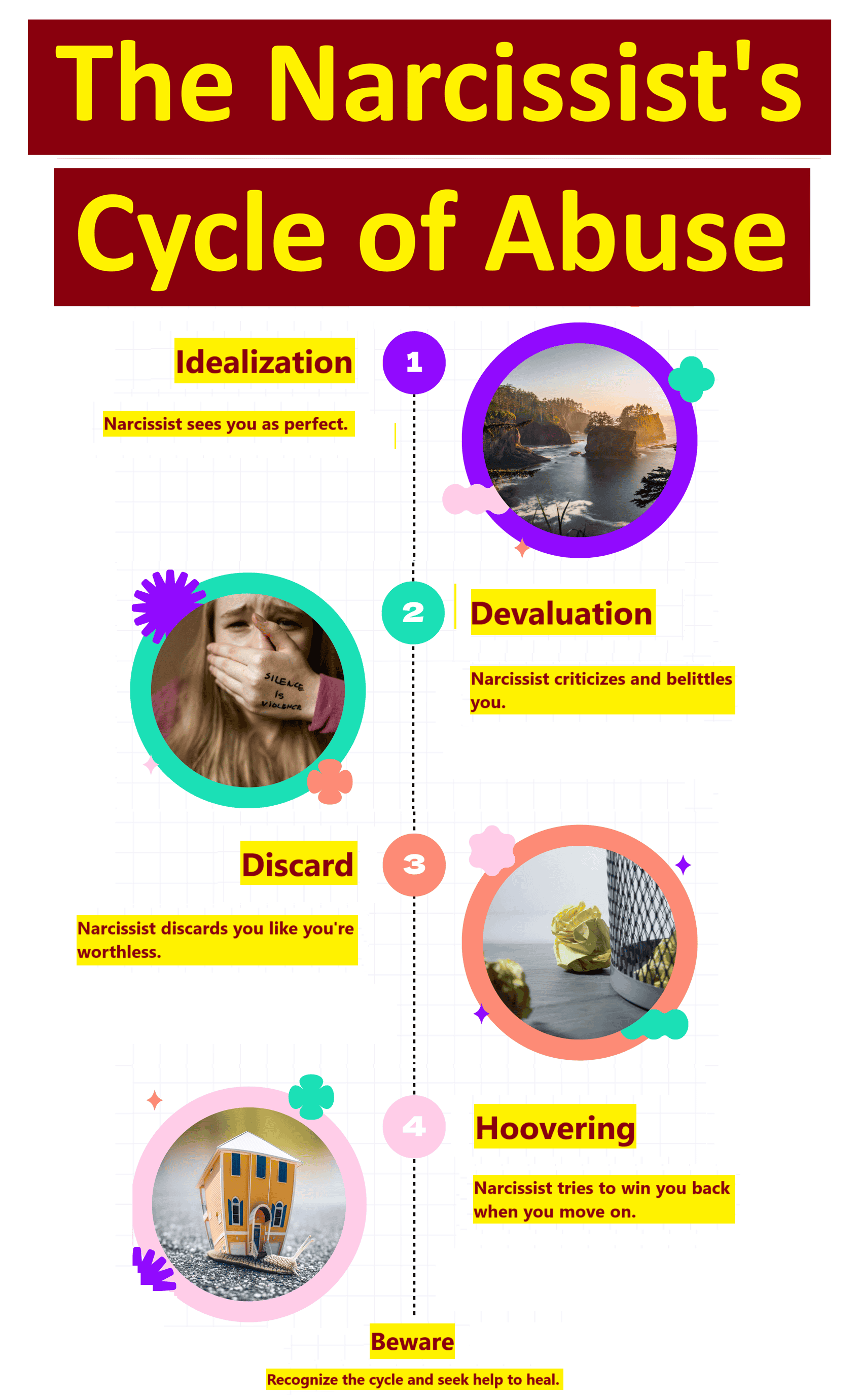Narcissism is a personality disorder characterized by an inflated sense of self-importance, a deep need for excessive attention, and a lack of empathy for others.
According to the American Psychiatric Association, narcissistic personality disorder involves patterns of grandiosity, fantasies of unlimited success, and a constant need for admiration. It’s essential to recognize these traits for a healthier relationship dynamic.
1. Exaggerated Self-Importance
Narcissistic partners often inflate their achievements and talents. They expect recognition as superior without corresponding accomplishments. For example, they may talk incessantly about their job success despite mediocre performance reviews.
2. Preoccupation with Fantasies
Grandiose fantasies about unlimited success, power, or beauty are common. They might often dream about impossible scenarios, like being the CEO of a Fortune 500 company without the necessary qualifications.
3. Belief in Being Unique
Narcissists consider themselves unique or special. They believe only other special people can understand them and expect preferential treatment, whether it’s in social settings or relationships.
4. Need for Excessive Admiration
They constantly seek praise and validation. If they don’t receive enough compliments, they might become upset or restless, leading to tension in the relationship
5. Sense of Entitlement
Expectation of favorable treatment without reason is a telltale sign. For instance, they may expect you to drop everything to cater to their needs without reciprocating.
6. Interpersonal Exploitativeness
Narcissists exploit others to achieve their own ends. They might manipulate family members to gain financial advantages or coerce friends into supporting their ventures without any intention of repaying kindness.
7. Lack of Empathy
They find it difficult to recognize or identify with the feelings of others. When you share your emotions, they may respond indifferently or dismissively, making you feel unheard.
8. Envy and Belief Others Envy Them
They are often envious of others’ achievements or possessions and believe everyone is equally envious of them. In social interactions, they downplay others’ success while overemphasizing their own.
9. Arrogant Behaviors and Attitudes
Frequent displays of arrogance or haughty behaviors are common. They may treat servers, clerks, or anyone perceived as lower status with condescension.
10. Lack of Accountability
Narcissists rarely take responsibility for their actions. When confronted, they deflect blame or make excuses, never admitting to their faults.
11. Overreaction to Criticism
They may become defensive or angry when criticized. Even constructive criticism is taken as a personal attack, leading to arguments.
Communication Patterns With a Narcissist
How They Speak About Themselves and Others
Narcissists often dominate conversations. They talk excessively about their achievements, making themselves the center of attention. For example, during a group discussion, they frequently interrupt to shift focus back to their experiences or accolades.
When discussing others, they use dismissive or condescending language. They downplay others’ accomplishments while exaggerating their own. Phrases like “I could do that in my sleep” or “they’re just lucky” are common.
Manipulative Conversations Techniques
Narcissists employ gaslighting frequently. They distort facts to make you doubt your memory or perception. For instance, if you remember an event differently, they insist you’re mistaken or too sensitive.
They also use projection to blame you for their flaws. If they’re being unfaithful, they might accuse you of cheating without evidence. This deflection shifts the focus from their behavior to your reactions.
Another common technique is triangulation. They involve third parties in conflicts to create drama and division. By pitting friends or family against each other, they maintain control and manipulate the narrative.
Emotional Toll on the Partner
Narcissism can drastically affect your emotional well-being. Partners of narcissists often feel undervalued, as narcissists prioritize their needs and desires.
This can lead to low self-esteem since the narcissist rarely acknowledges your contributions or feelings. Feelings of isolation may occur because narcissists isolate their partners from social support.
Experiencing constant criticism is common. Narcissists often use demeaning comments to inflate their own ego.
Such dynamics can lead to anxiety, as you might find yourself constantly walking on eggshells to avoid triggering your partner’s wrath. Depression may result from these compounded emotional burdens.
Struggles in Relationship Dynamics
Maintaining a balanced relationship with a narcissist is intricate. Narcissists typically seek control and often use manipulation to achieve it.
Power imbalances are common, making mutual decision-making nearly impossible. They often ignore boundaries, disrespecting your needs and personal space.
Narcissists tend to devalue their partners over time. Initial charm dissipates, leading to feelings of humiliation and worthlessness. Honest communication becomes a challenge, as narcissists often twist conversations to their advantage.
These dynamics strain trust, making it hard to build a healthy, supportive partnership. Consistent lack of empathy further exacerbates the strain, leaving you feeling emotionally drained and unsupported.
How to Deal With a Narcissistic Partner
Setting Boundaries
Establishing clear boundaries protects your emotional well-being. Define what behaviors are unacceptable and communicate these limits assertively. For instance, if your partner constantly criticizes you, assert that this behavior is unacceptable and will not be tolerated.
Use “I” statements to express how their actions affect you, such as “I feel hurt when you criticize me.” Ensure consistency in enforcing these boundaries to avoid giving mixed signals.
When to Seek Professional Help
Seek professional help if boundaries aren’t respected or if you experience emotional distress. Therapists specializing in narcissistic personality disorder can offer strategies for managing interactions and improving your mental health.
If safety concerns arise, consider contacting support services or hotlines for immediate assistance. Remember, professional guidance equips you with coping mechanisms and a support system.
Final Thoughts
Recognizing narcissistic traits in your partner can be challenging but it’s crucial for your emotional well-being. Understanding these behaviors helps you navigate your relationship more effectively.
If you suspect your partner is a narcissist, setting firm boundaries is essential. Don’t hesitate to seek professional help if needed.
Prioritizing your mental health and safety is key to maintaining a balanced and fulfilling life. Remember, you’re not alone; support is available.







